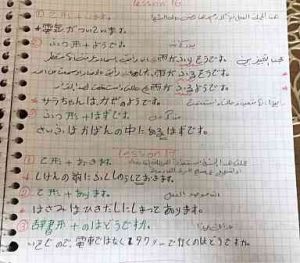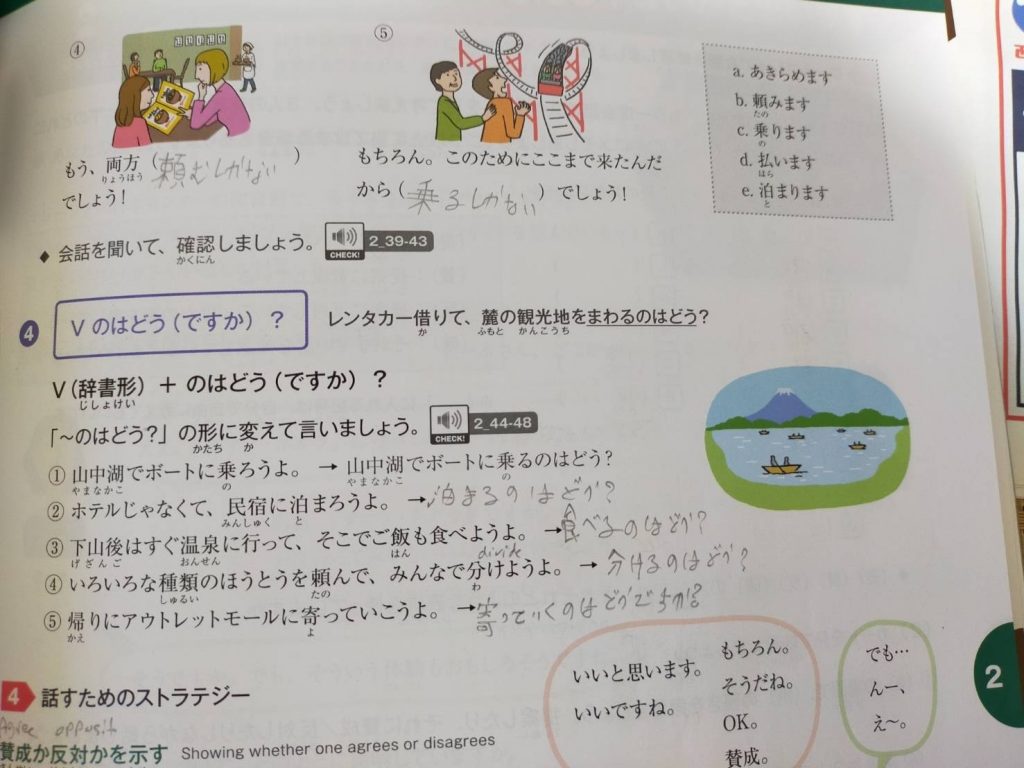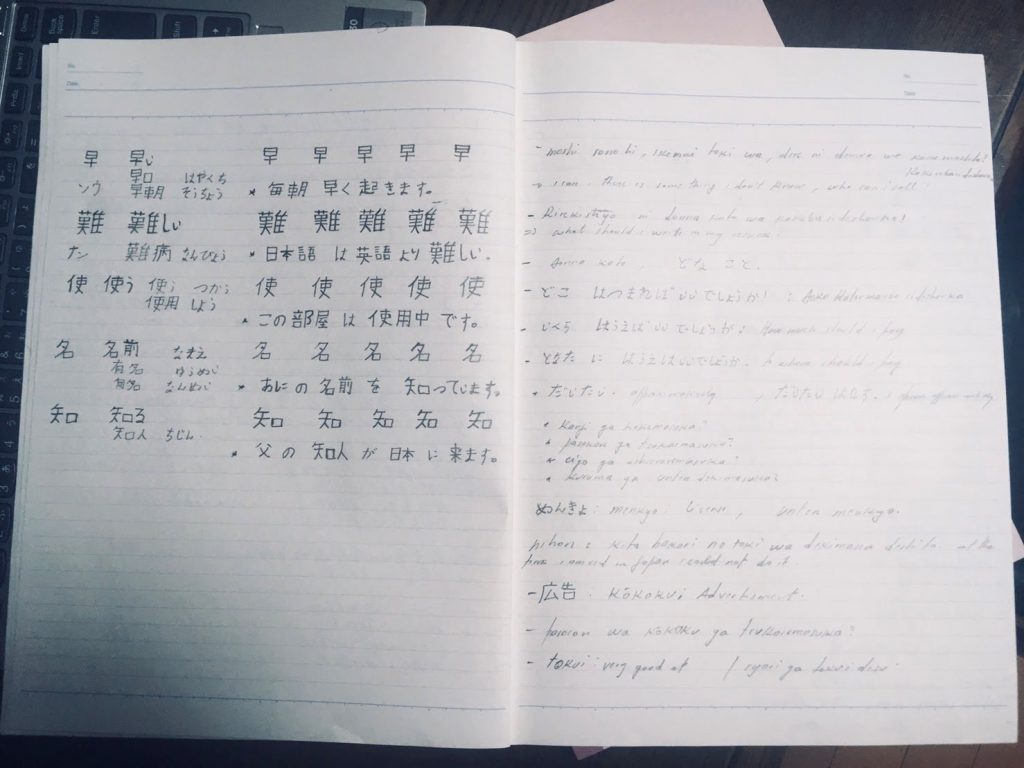LIP-Learning Student Voices
Note: The following statements were originally written in Japanese by LIP-Learning students. We translated them into English to share their experiences and feedback with a wider audience. The content below represents the applicants’ comments and reflections on their journey with LIP-Learning.

I am Jordanian and came to Japan in 2017.
My life in Japan was very difficult at first; I couldn’t speak Japanese at all so I often went through troubles going to the hospital and other places. I applied to LIP-Learning in September 2020 and they accepted me. Then I started taking online lessons. I have taken two courses so far. I still can’t speak Japanese well, but I can now chat with my Japanese friends online. I am very happy because this course helped me to improve my Japanese. However, if there were a conversation course, I believe I would be able to speak Japanese more.
Finally, I would like to say thank you to the team of Living in Peace. You have been very supportive and I thank you from the bottom of my heart.
Finally, I would like to say thank you to the team of Living in Peace. You have been very supportive and I thank you from the bottom of my heart.

I came to Japan from the Middle East in 2017.
Before coming to Japan, I faced many difficulties. Japan is a beautiful country, safe and developed. But there are many difficulties regarding language and culture. Even though I graduated from university, I can not find a suitable job because my Japanese is not good.
I started at the beginner-intermediate level for 2 hours a week while working part time at LIP-Learning from December 2020 to November 2021, and now I am at the intermediate level.
My goal is to gain confidence through the Living in Peace program, to be able to speak with people in Japanese, and to pass the JLPT N2.
I started at the beginner-intermediate level for 2 hours a week while working part time at LIP-Learning from December 2020 to November 2021, and now I am at the intermediate level.
My goal is to gain confidence through the Living in Peace program, to be able to speak with people in Japanese, and to pass the JLPT N2.

I came to Japan from the Democratic Republic of Congo in 2019.
When I came to Japan, I could not speak Japanese, so I faced many difficulties such as social integration.
In order to survive, the refugee support organization that welcomed me gave me many opportunities and got to know Living in Peace.
Since I started studying Japanese at Living in Peace in December 2019, I have had the opportunity to meet very professional and kind teachers who always made sure I understood everything.
Currently, I am not worried about my Japanese lessons. If I have any concerns, I can ask for help.
In order to survive, the refugee support organization that welcomed me gave me many opportunities and got to know Living in Peace.
Since I started studying Japanese at Living in Peace in December 2019, I have had the opportunity to meet very professional and kind teachers who always made sure I understood everything.
Currently, I am not worried about my Japanese lessons. If I have any concerns, I can ask for help.
Refugee Students Receiving Career Support

I came to Japan from Myanmar in 2017.
The Aung Chin bird (Great Rhinoceros Bird) is the national bird of the Chin people. It is very faithful and has a mate for life. Usually, other birds would leave the mother bird and their young, but the Aung Chin bird is always there for them and takes care of them. If a hunter shoots their mate, the lone remaining Aung Chin bird will fly as high as it can in the sky, then dive downwards to end their life.
There are 53 tribes of Chin people. I would like to teach you a simple word in my tribe (Shihin language)! “Zoom” means “office” in the Shi’in language. I think it is a word that can be used in the Corona era.
The hardest thing in Japan is learning Japanese. Grammar and verbs were the biggest obstacles. Many grammar rules are dropped in casual conversation, so what I learned and what is actually spoken can be very different.
I have been studying Japanese through LIP-Learning. I can also talk to Living in Peace about volunteering, internships, and job hunting. All in all, I am a person who becomes worried too much therefore I appreciate the great support from Living in Peace.
There are 53 tribes of Chin people. I would like to teach you a simple word in my tribe (Shihin language)! “Zoom” means “office” in the Shi’in language. I think it is a word that can be used in the Corona era.
The hardest thing in Japan is learning Japanese. Grammar and verbs were the biggest obstacles. Many grammar rules are dropped in casual conversation, so what I learned and what is actually spoken can be very different.
I have been studying Japanese through LIP-Learning. I can also talk to Living in Peace about volunteering, internships, and job hunting. All in all, I am a person who becomes worried too much therefore I appreciate the great support from Living in Peace.











